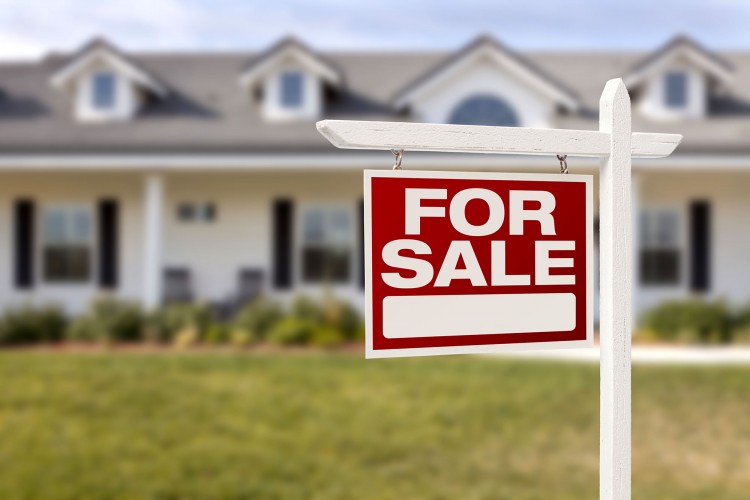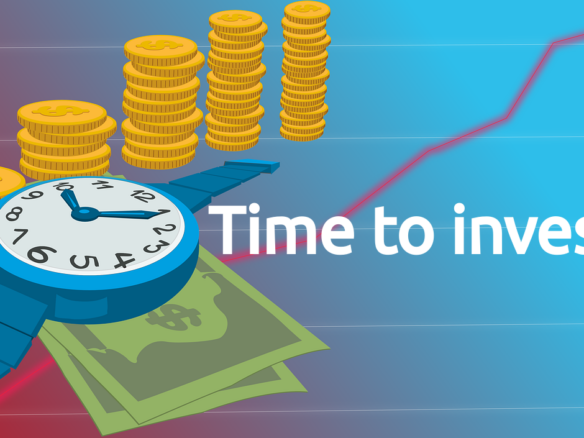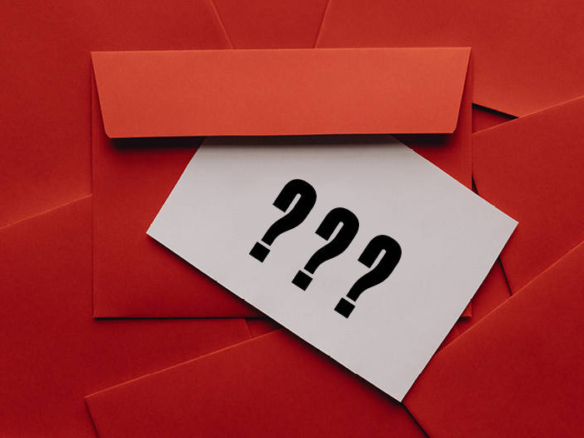
We all know that amongst the many different investments we will make throughout our lives, buying a home is a significant one – perhaps the most significant one for most of us. It is an investment for the long term, and since we are going to have to pay for it for a long period, we have to make sure that it’s an investment that is worth it. But whilst buying a home may have its challenges, a home could be a definite asset, and it’s an asset which has the potential to grow in value as time goes by. But is buying a home really your best option, especially at this point in your life? Let’s have a look at the ABC of buying a home – and find out if it’s really for you.
Determining if you can afford it
The first aspect to consider is whether or not you can really afford it. Some aspects come into play at this point, such as getting a mortgage, how much you can afford to pay per month (and how much income you have), and what other expenses you may have in the future. For example: getting a mortgage can be a complex process, but it is doable. But how big a mortgage should you get? You should also determine how much you can afford to pay in mortgage fees per month. How much is your monthly income? More importantly, how much is your monthly expenditure on other things? You should also consider the deposit for the home; ideally, the higher your deposit, the better your mortgage deal. Another aspect is what your plans are for the future. Are you planning to have children? Are you planning to switch careers? All these can affect your ability to pay your mortgage as well.
Know the benefits
Granted, there are some sure benefits to buying your own home, of course, as confirmed by Clifftons, who specialise in houses for sale in Bournemouth and other nearby areas. If you buy a home, the repayments you have to settle per month will go towards you in the end, as you can claim full ownership of your home once you are done with your mortgage. In other words, all the payments are for your benefit and not for the benefit of a landlord. Once your mortgage is done, you own your home, and you can do what you want with it – you can choose to sell it or rent it out, and if you do this, you are almost guaranteed to make a profit. And since you own your home, you can make various changes to your property as you see fit – you can make certain improvements such as landscaping or redecorating without having to ask permission from a landlord. In many cases, buying is cheaper compared to renting as well, especially if you look at it in the long term.
What you need to think about
But of course, buying your own home can have some drawbacks as well. For example, you have to think not just about the actual cost of the home, but the cost of stamp duty, taxes and other fees. And if you get a mortgage and the interest rates rise, your monthly payments can increase (unless you acquire a fixed-rate mortgage). Also, if the property needs repairs, you have to take care of it yourself. Another aspect you have to consider is the fact that if you ever fall behind on your mortgage repayments, you will have to face the consequences – in the worst-case scenario, you could lose your home if it is repossessed.
You have to think carefully about whether or not buying a home is really feasible for you. The good news is that many homeowners are highly satisfied with their decision to buy property, and there’s no reason you shouldn’t be, either. But it takes careful thought and planning, and you should enter into it with both eyes wide open so you can be assured of the best decision as well.



